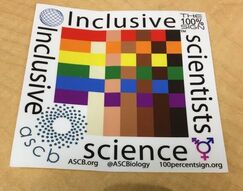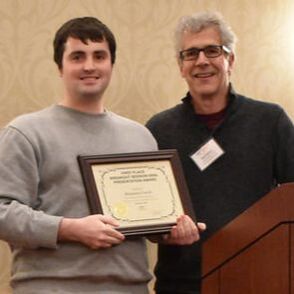
How does the circadian clock control my body?
Circadian rhythmicity is a fundamental aspect of temporal organization in essentially every cell in the body, and modulates much of physiology, biochemistry, and behavior. In order to maintain daily cycles, cell-autonomous circadian oscillators drive rhythmic expression of approximately 5-10% of mRNAs to ultimately drive a wide range of rhythmic biological processes. Disruption of the circadian clock can have a severe influence on human health, ranging from psychiatric disorders, obesity, cardiovascular diseases, to certain types of cancer.
We are interested in understanding 1) how the circadian clock regulates the rhythms of thousands of mRNAs and proteins with the correct period, phase, and amplitude; and 2) how circadian clock utilizes rhythmically expressed proteins to regulate rhythmic physiology and behavior. We use the mouse as an animal model system and integrate diverse approaches – genetics, genomics, bioinformatics, neuroscience, molecular/cellular biology, and sometimes mathematical modeling – to answer these questions.

Kojima Lab Is Inclusive
We are all different creatures. Our lab welcomes anybody who is passionate about science, regardless of your gender, religion, ethnicity, country of origin, cultural background, political views, or whatever else you can think of.
What’s New?
- Aug 2021 Lin Miao, a new PHD student in the lab, has arrived from Los Angels. Welcome Lin! Let the fun begin.
- July 2021 Preprint posted on bioRxiv – a cool collaboration with plant biologists including Dr. Winkel! Send your questions, comments, and suggestions on our way!!! Crosstalk between Flavonoids and the Plant Circadian Clock: https://biorxiv.org/cgi/content/short/2021.07.15.452546v1
- June 2021 Becky’s review paper has been published! Timing without coding: How do long non-coding RNAs regulate circadian rhythms? https://pubmed.ncbi.nlm.nih.gov/34116930/


